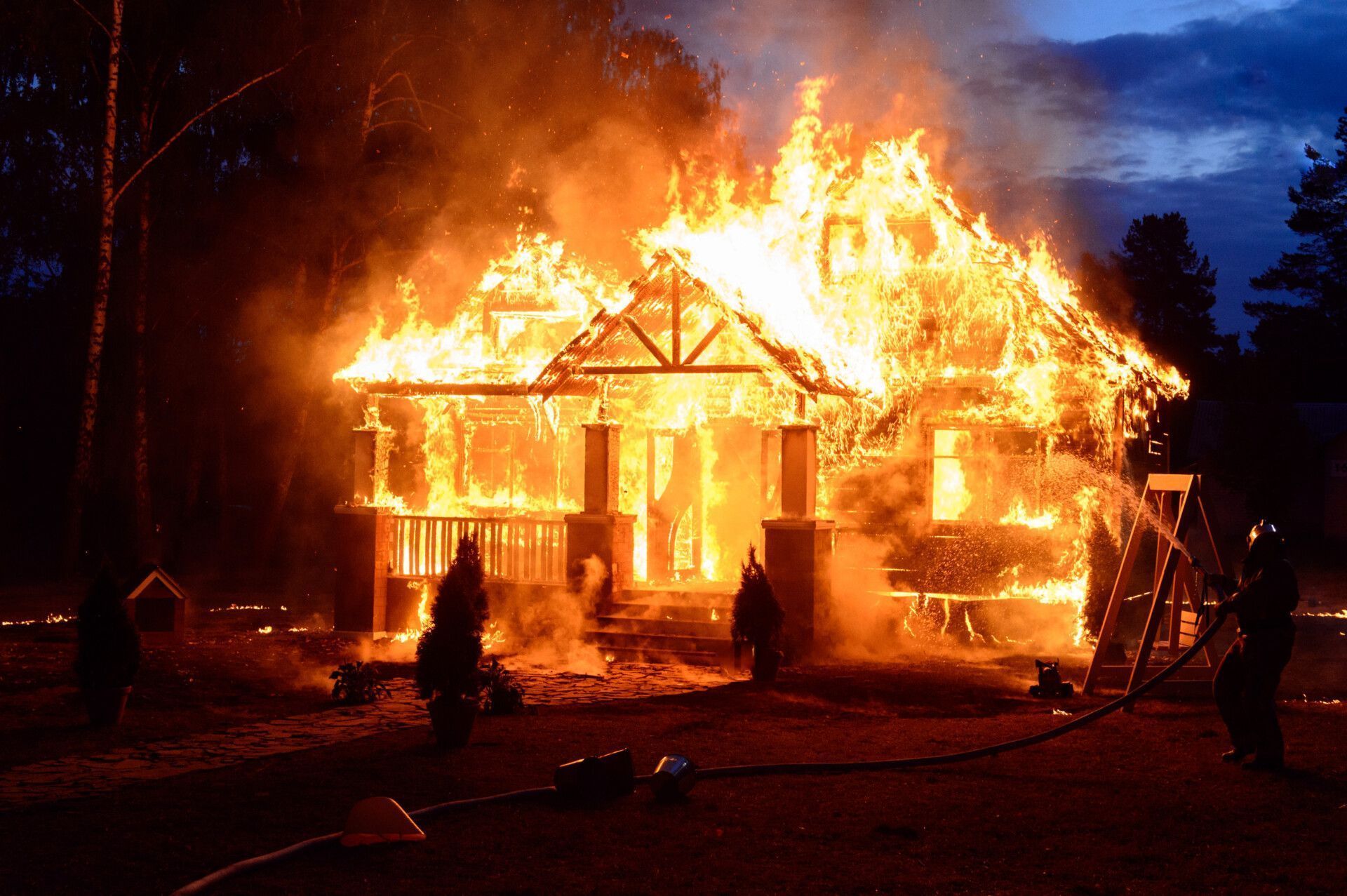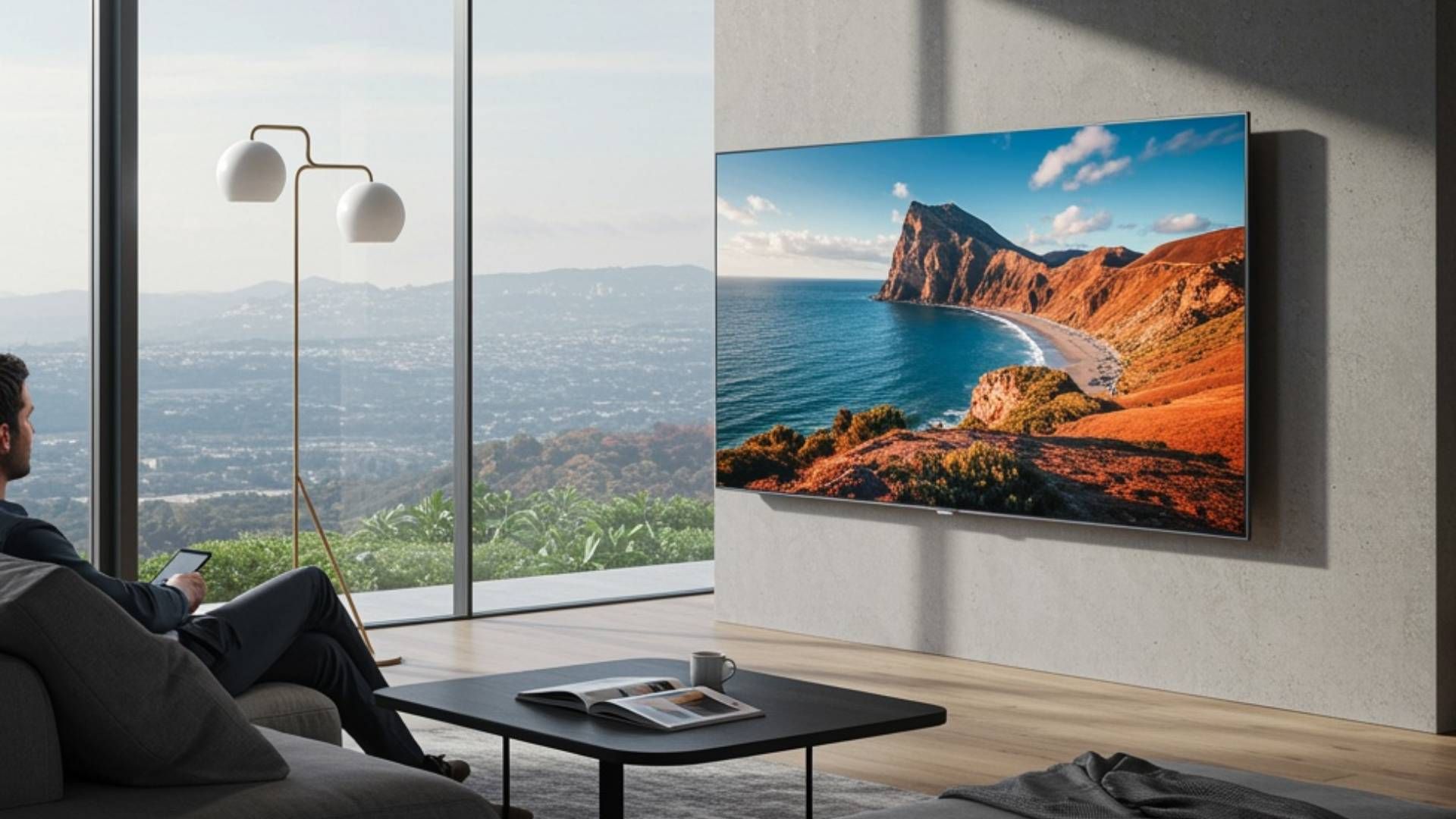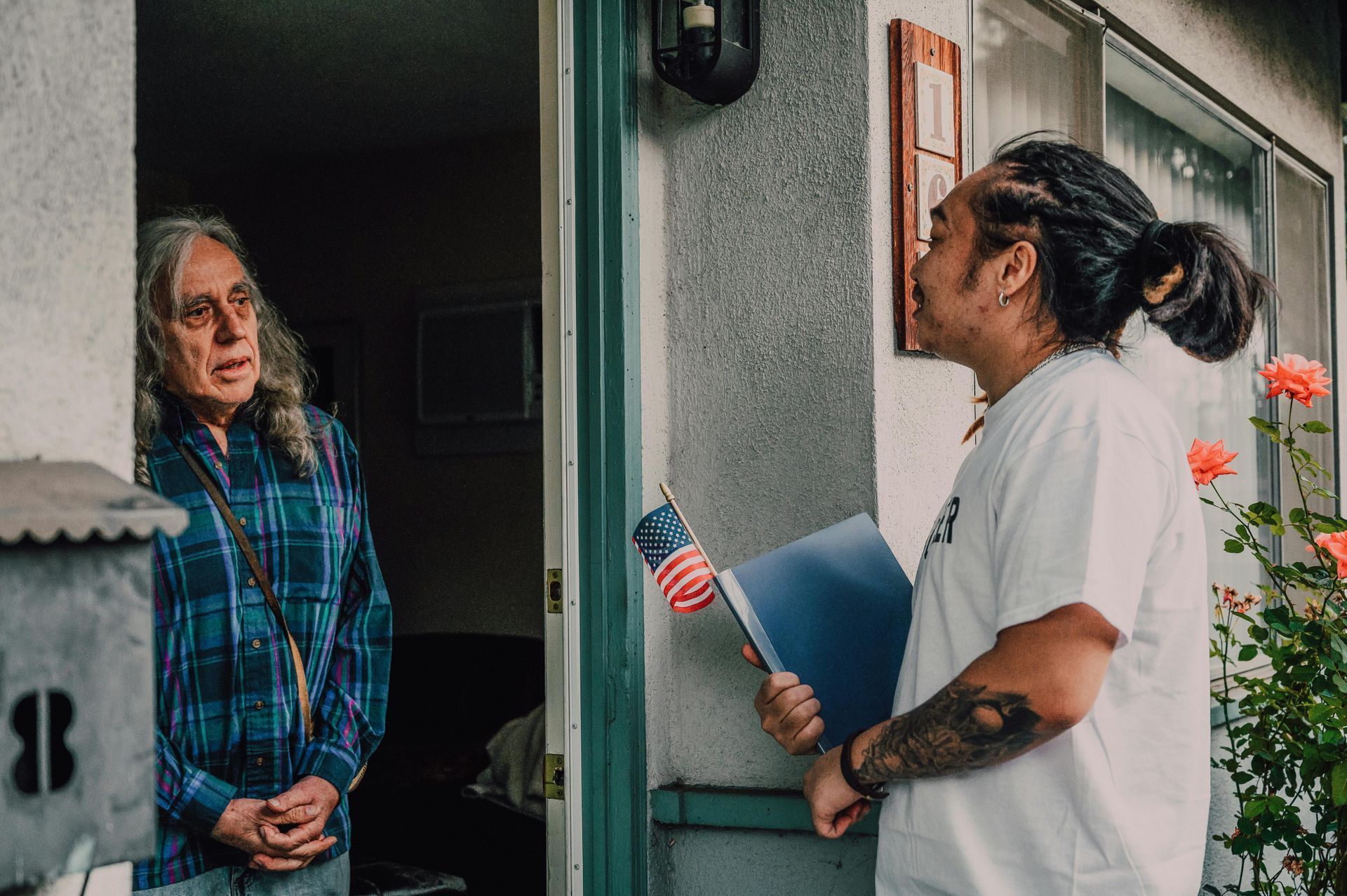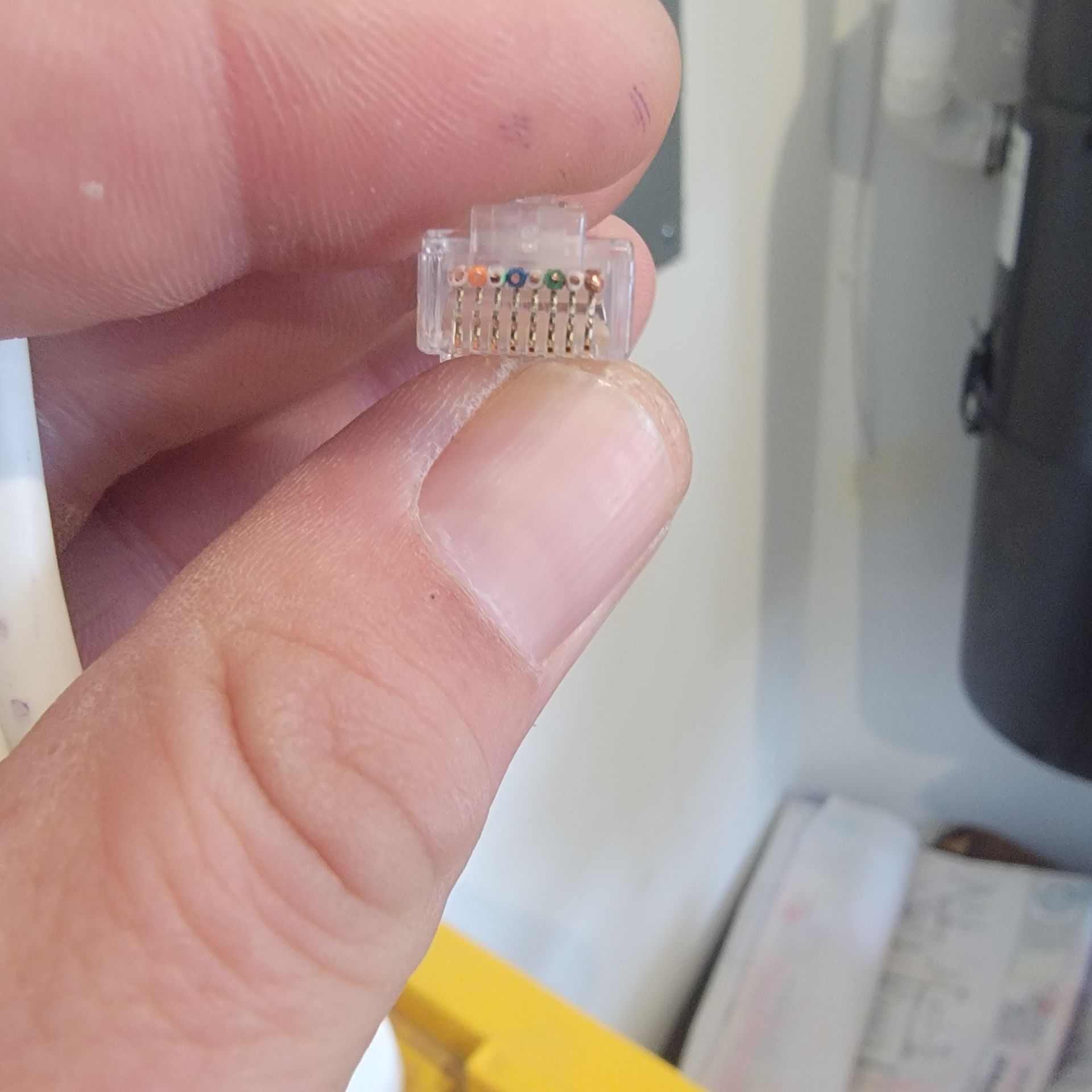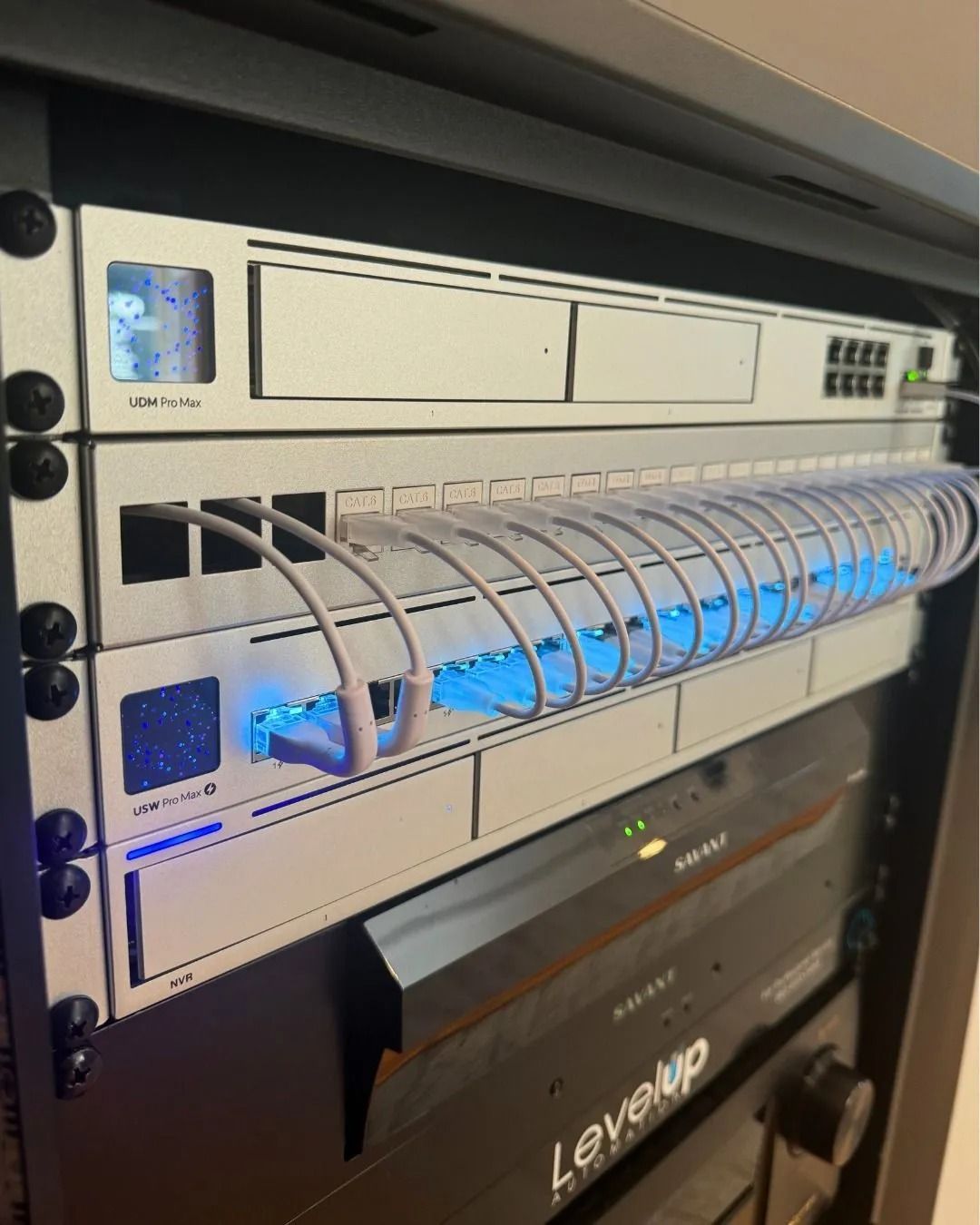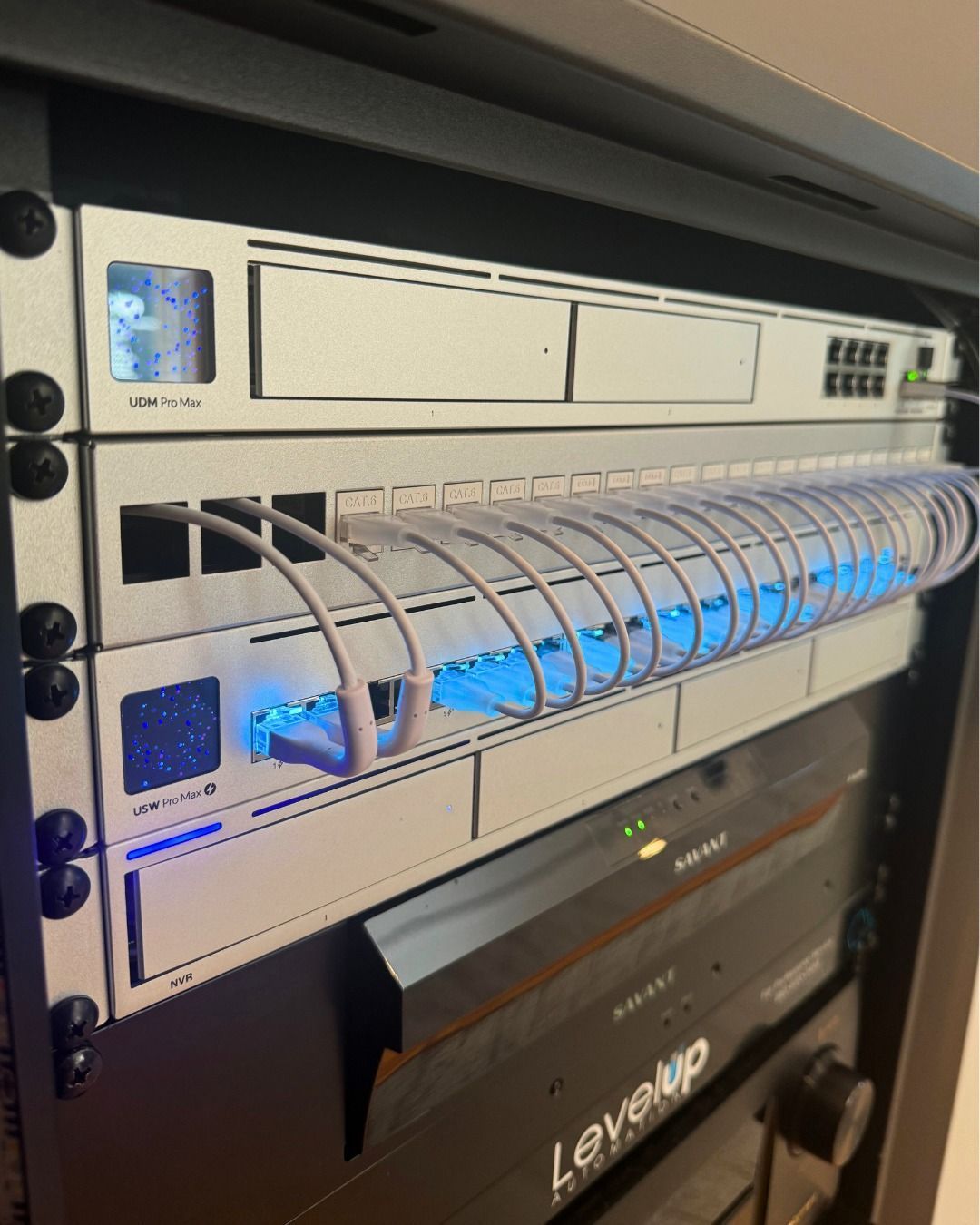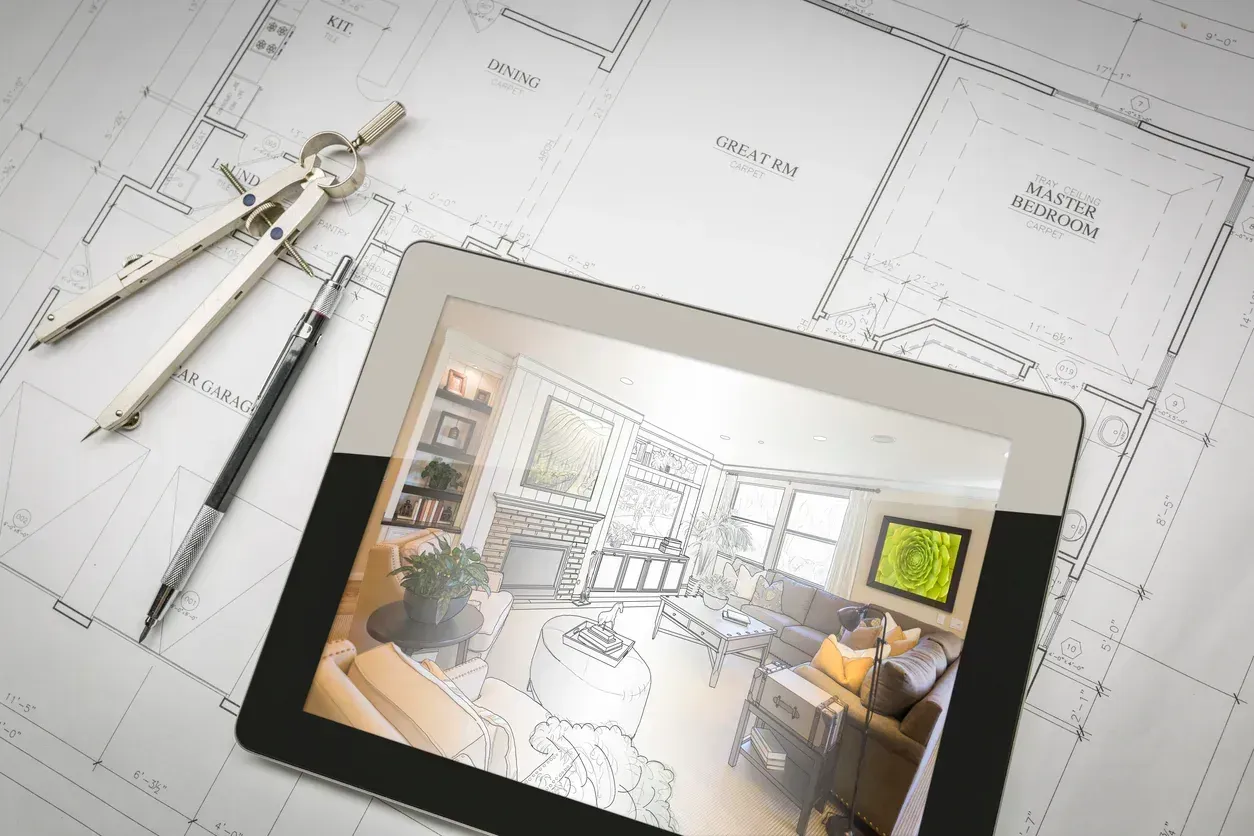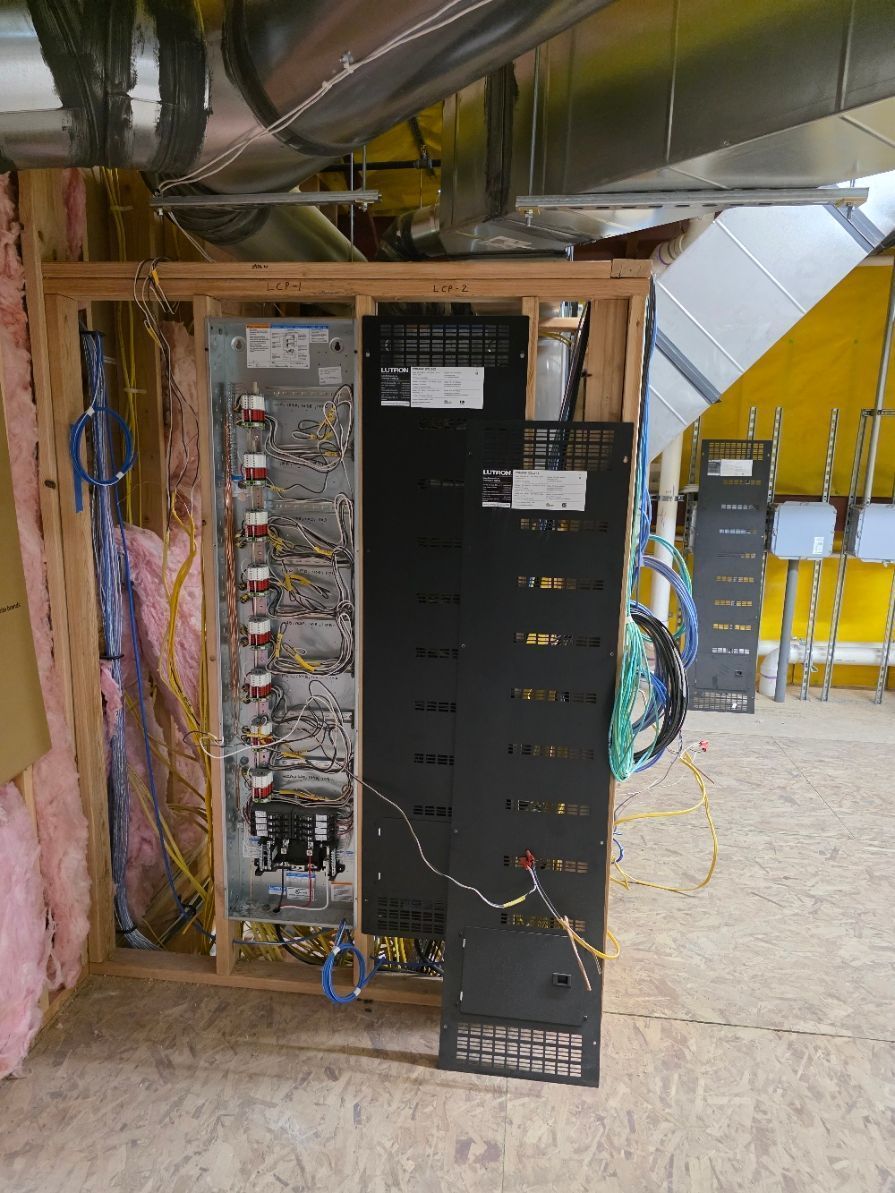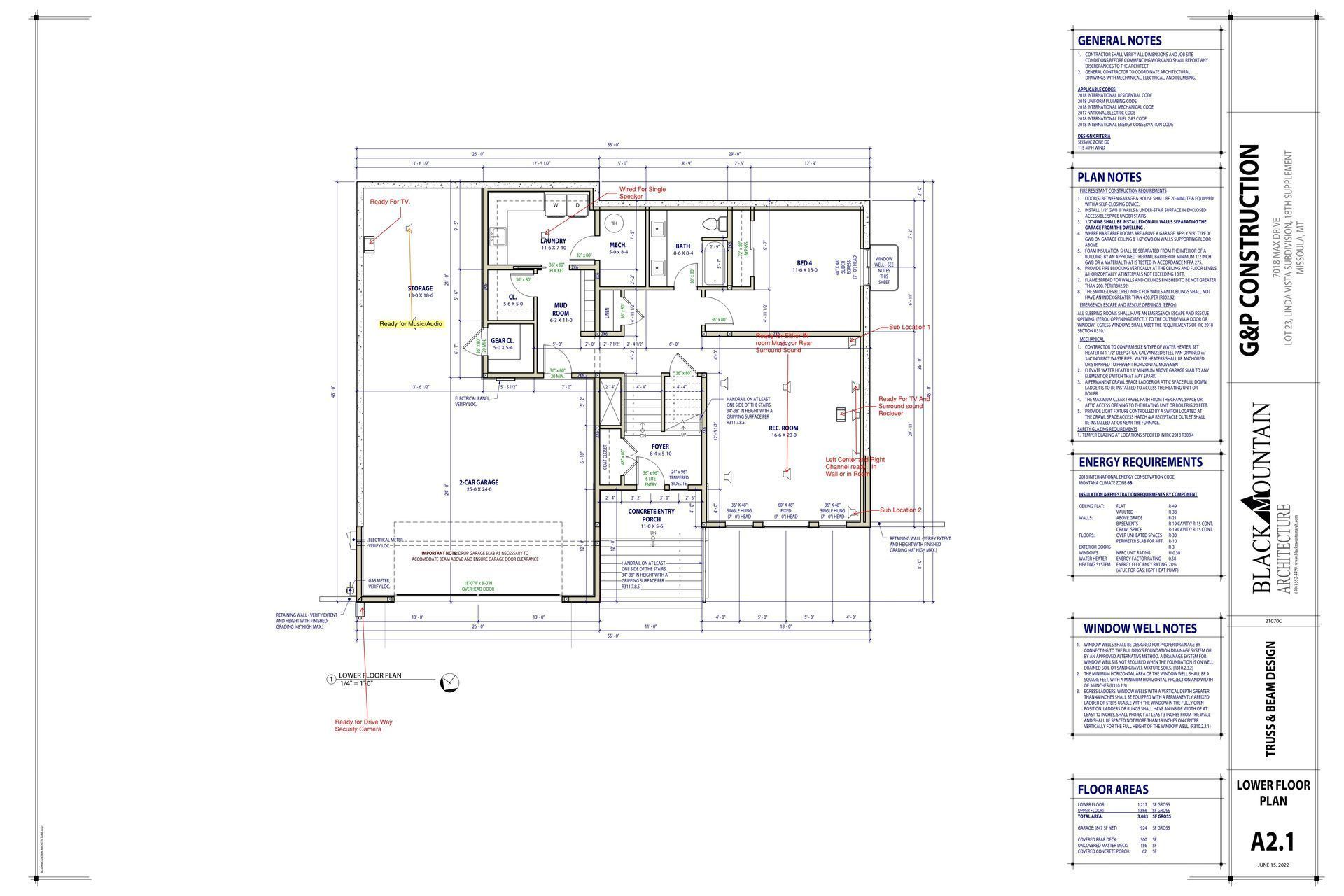Security Systems: Professional Monitoring vs. Self-Monitoring
July 2, 2024
In today's world, securing your home is more important than ever. With advancements in technology, there are numerous options available for home security systems. One of the key decisions homeowners face is whether to opt for professional monitoring or to self-monitor their security systems. Both options have their pros and cons, and understanding these can help you make an informed decision that best suits your needs.
Professional Monitoring
Advantages of Professional Monitoring
24/7 Surveillance: Professional monitoring provides round-the-clock surveillance, ensuring that your home is always being watched.
Quick Response Time: In the event of an emergency, professional monitoring services can quickly contact the appropriate authorities, potentially reducing response times.
Peace of Mind: Knowing that a dedicated team is monitoring your home can provide peace of mind, especially when you are away or asleep.
Advanced Technology: Many professional monitoring services offer advanced technology and integrations, such as home automation, which can enhance the overall security of your home.
Insurance Discounts: Many insurance companies offer discounts on homeowners insurance premiums for homes with professionally monitored security systems. These discounts can sometimes offset the cost of the monitoring service, making it a more financially attractive option.
Disadvantages of Professional Monitoring
- Cost: Professional monitoring typically involves a monthly fee, which can add up over time. This can be a significant expense, especially for budget-conscious homeowners.
- Contracts: Many professional monitoring services require long-term contracts, which can be restrictive if you decide to change providers or move.
- False Alarms: False alarms can lead to unnecessary dispatches, which can sometimes result in additional fees or fines.
Self-Monitoring
What is Self-Monitoring?
Self-monitoring involves the homeowner being responsible for monitoring their own security system. When an alarm is triggered, the system alerts the homeowner directly, usually via a smartphone app, and the homeowner decides how to respond.
Advantages of Self-Monitoring
- Cost Savings: Self-monitoring eliminates the monthly fees associated with professional monitoring, making it a more affordable option.
- Control and Flexibility: Homeowners have full control over their security system and can customize it to their liking without being tied to a contract.
- Immediate Alerts: With self-monitoring, homeowners receive immediate alerts on their smartphones, allowing them to respond quickly to any incidents.
Disadvantages of Self-Monitoring
- Responsibility: The homeowner is solely responsible for monitoring the system and taking action in the event of an emergency. This can be a significant burden, especially during times when you are unavailable or asleep.
- Potential Delays: If the homeowner misses an alert, there can be a delay in responding to an emergency, which could have serious consequences.
- Limited Coverage: Self-monitoring may not provide the same level of coverage and technological advancements as professional services, potentially leaving gaps in security.
Response Time: Professional Monitoring vs. Self-Monitoring
Professional Monitoring Response Time
Professional monitoring services typically offer faster response times compared to self-monitoring. When an alarm is triggered, the monitoring center is immediately alerted and can quickly contact the appropriate authorities. The response time can vary depending on the provider.
For example, United Central Station is known for its rapid response times, often contacting emergency services within seconds of an alarm trigger. Their dedicated infrastructure and trained personnel ensure swift action.
On the other hand, Ring offers professional monitoring with slightly longer response times due to the nature of their service, which relies on a combination of technology and human intervention. While still effective, the response might be a few seconds slower compared to more traditional monitoring centers like United Central Station.
Self-Monitoring Response Time
With self-monitoring, the response time is entirely dependent on the homeowner. The system will send alerts to the homeowner's smartphone, and the homeowner must then decide how to respond. This can lead to delays if the homeowner is unavailable, distracted, or asleep. The speed of response in self-monitoring scenarios is inherently less reliable because it depends on human availability and reaction time.
Which Option is Right for You?
Choosing between professional monitoring and self-monitoring ultimately depends on your individual needs and circumstances. Here are a few questions to consider:
- Budget: Are you willing to pay a monthly fee for professional monitoring, or would you prefer the cost savings of self-monitoring?
- Time and Availability: Do you have the time and ability to monitor your security system 24/7, or would you feel more comfortable with a professional service handling it?
- Level of Security: Do you require advanced security features and integrations, or are basic monitoring capabilities sufficient for your needs?
- Response Time: How important is immediate response in an emergency? If seconds matter, professional monitoring services like United Central Station may be more suitable.
Insurance Benefits: Check with your insurance provider to see if they offer discounts for professionally monitored security systems. This could influence your decision and potentially save you money in the long run.
By weighing the pros and cons of each option, including response times and insurance benefits, you can make an informed decision that best protects your home and gives you peace of mind.


